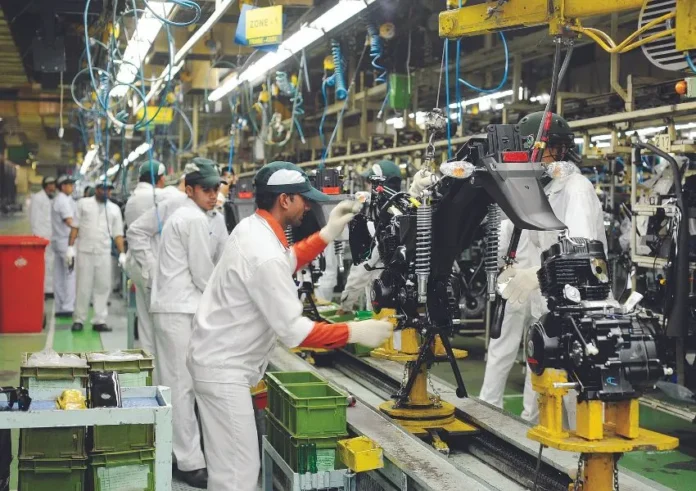NEW DELHI, Dec 11: The Indian electric vehicle (EV) and ancillary industries are projected to attract nearly USD 40 billion in investments over the next five to six years, opening up significant opportunities for the real estate sector, according to a recent report by Colliers India. The report, titled “EVs in India: Renewed Vigour in Electric Mobility,” highlights that approximately two-thirds of these investments will be focused on the lithium-ion battery segment.
Despite the slower-than-anticipated adoption of EVs, the report notes a remarkable threefold increase in investment commitments over the past three years, reflecting growing optimism about the future of India’s electric mobility market. These investments are expected to create multiple real estate opportunities, particularly in the development of manufacturing units for EVs and Original Equipment (OE), including facilities for lithium-ion battery production. Colliers predicts that with the increasing adoption of EVs, the demand for real estate will surge, with an estimated need for over 45 million square feet of space by 2030 to support the establishment of EV charging infrastructure.
Colliers estimates that with an EV penetration rate of 8%, around 2 million EVs are expected to be sold in 2024. However, achieving the target of 80 million EVs on Indian roads by 2030 could prove challenging given the current pace of adoption. The report suggests that achieving this ambitious goal would require a sixfold increase in average annual EV sales from 2025 to 2030, and calls for focused efforts to overhaul the country’s EV ecosystem.
Badal Yagnik, CEO of Colliers India, emphasized the importance of reducing production costs and improving affordability to accelerate EV adoption. He further highlighted the need for large-scale manufacturing units for lithium-ion batteries, noting that these factors are crucial to meeting India’s ambitious EV goals.
The report also predicts significant growth in the demand for land for EV-related projects. By 2030, nearly 13,000 acres of land could be developed for EV manufacturing, with more than 80% of this demand likely coming from lithium-ion battery manufacturers. The industrial and warehousing sectors are expected to benefit the most, with a surge in demand for built-to-suit facilities designed to accommodate both global and domestic EV manufacturers.
Additionally, the report forecasts the growing use of technology-driven warehouses and automated systems, which will help streamline operations across the EV value chain in India, supporting the overall growth of the industry.

